IPaT 2021 Year in Review
Dear IPaT Community,
Happy Holidays! After an unprecedented and challenging 2020, who could have predicted that 2021 would be a lengthy extension of our pandemic situation. Our community is still exercising an abundance of caution as winter approaches, new covid variants are discovered, and travel advisories evolve. Like many of you, I greatly miss the intimate, in-person workplace interactions and gatherings that have been disrupted.
For those affected by Covid or other illnesses this year, my condolences to you, your family, and your loved ones. I know that some are economically challenged by a global economy that hasn’t fully rebounded, and others are still practicing isolation and social distancing outside of their home as a safety precaution. Yet I am hopeful for the future and know that with our initial vaccine success, we are destined to resume our normal activities.
The Institute for People and Technology (IPaT) strives to shape the future of human-centered technologies and experiences to foster fulfilling, healthy, and productive lives. IPaT was launched in 2011 to embrace emerging research opportunities and needs, to create a networked research ecosystem of Georgia Tech faculty and industry partners, to amplify their combined thought leadership and on-the-ground results, and to create positive economic and societal impact in the critical systems that define much of everyday life.
Below you'll find several highlights for IPaT in 2021, including joining the U.S. National Science Foundation to Advance AI Research and Education. We received a $20 million grant to establish the NSF AI Institute for Collaborative Assistance and Responsive Interaction for Networked Groups (AI-CARING). This new institute will seek to create a vibrant discipline focused on personalized, collaborative AI systems that will improve quality of care for the aging.
Winning the NSF grant was huge news for us, but perhaps the biggest personal news this year was the mid-November announcement that I have accepted a new position to join Northeastern University as the new dean of the Khoury College of Computer Sciences starting January, 2022.
After spending more than 25 years at Georgia Tech, both as a student and a faculty member, I have cherished my time here and embraced the leadership challenges and lessons that I have learned. I will miss my daily student, faculty, and staff interactions, but will not be completely absent, as I continue to be part of the AI-CARING Institute and the Cognitive Empowerment Program research teams. Launching and leading IPaT as the inaugural executive director over the past decade has been an honor for me.
Please have a safe and enjoyable holiday season!
Elizabeth D. Mynatt
Executive Director, Institute for People and Technology at Georgia Tech
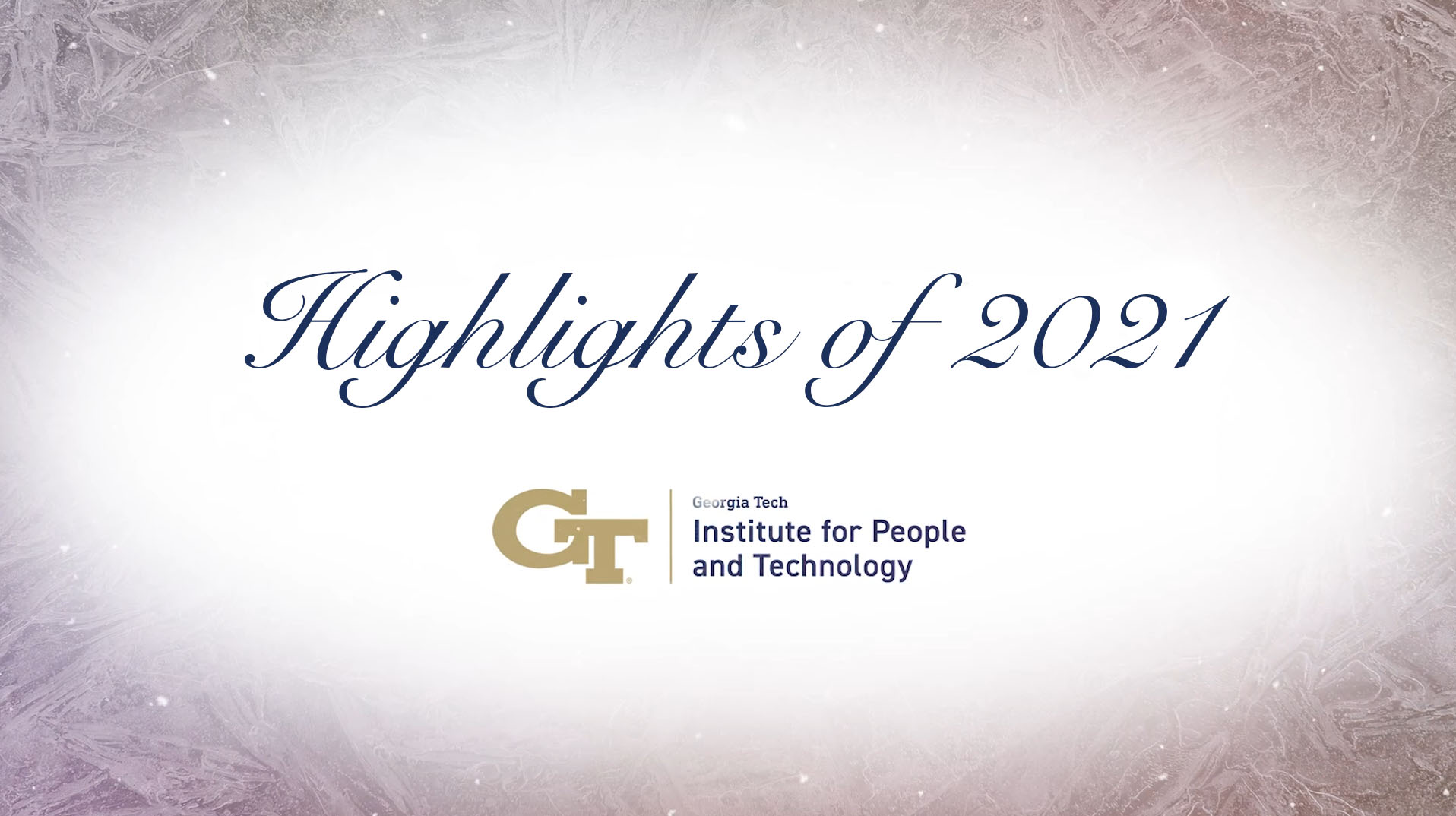
Highlights
Here are some highlights for 2021. Thanks to everyone in our community who has come together to support each other and to creatively bring our passion and talents to foster more fulfilling, healthy, and productive lives here in Georgia, throughout the US, and across the globe.
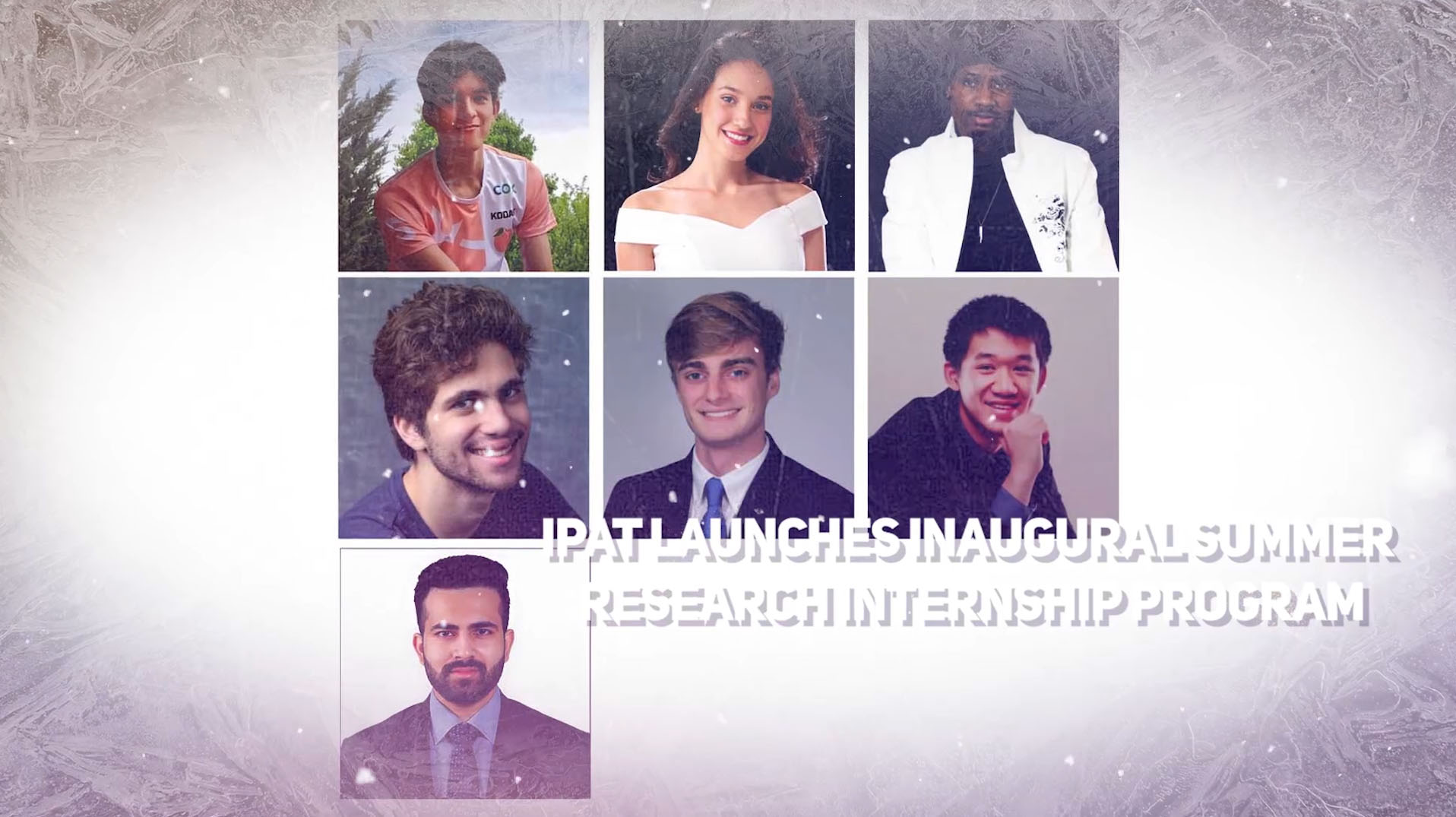
> New Research Internship Program
IPaT launched a new summer research internship program as an opportunity for students looking to gain real-world experience related to research and community engagement.
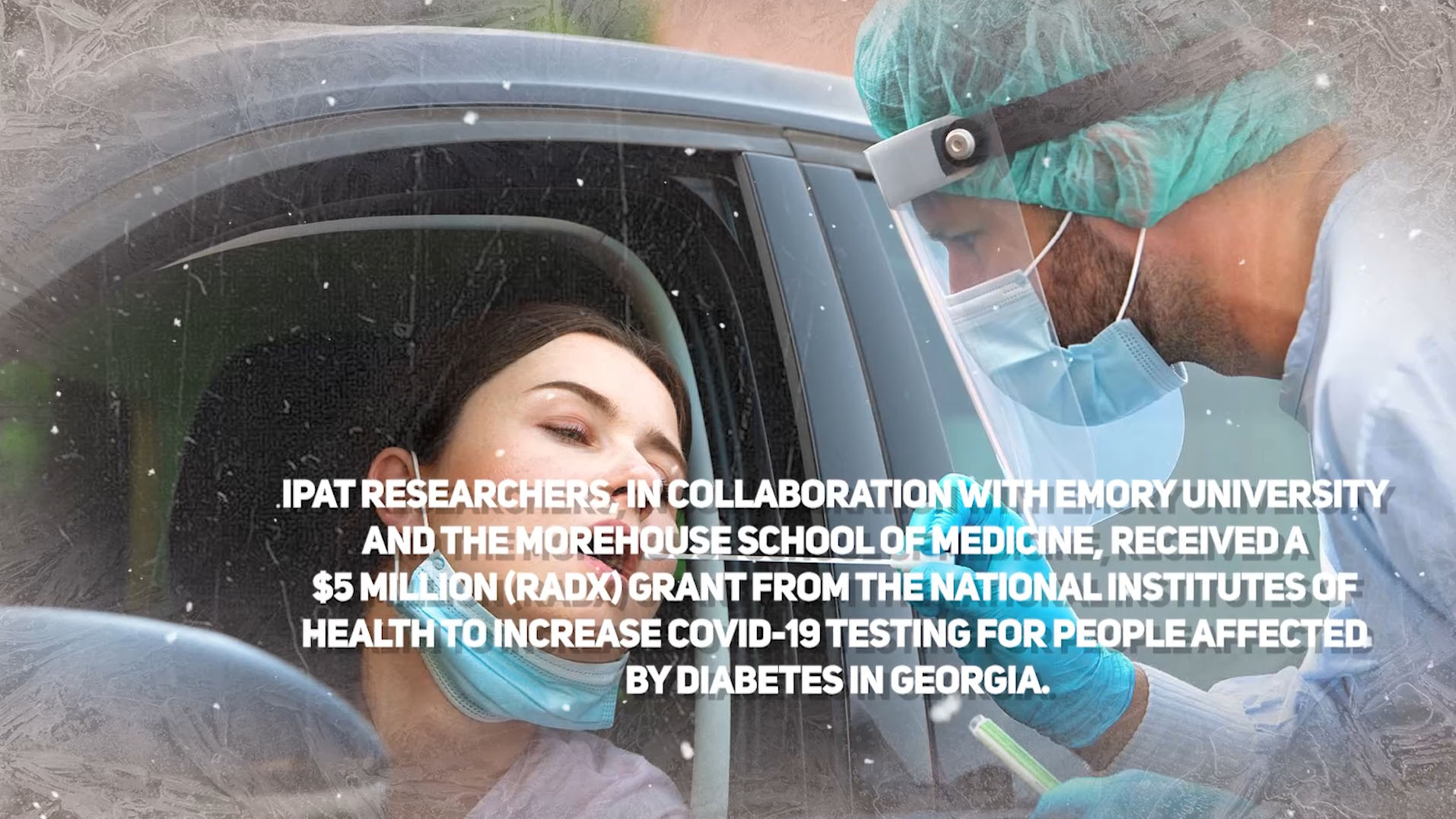
> RADx Grant to Increase Covid Testing
We continue to build research partnerships address the many challenges created by the Covid pandemic. For example IPaT researchers, in collaboration with Emory University and the Morehouse School of Medicine, received a $5 million (RADx) grant from the National Institutes of Health to increase COVID-19 testing for people affected by diabetes in Georgia.
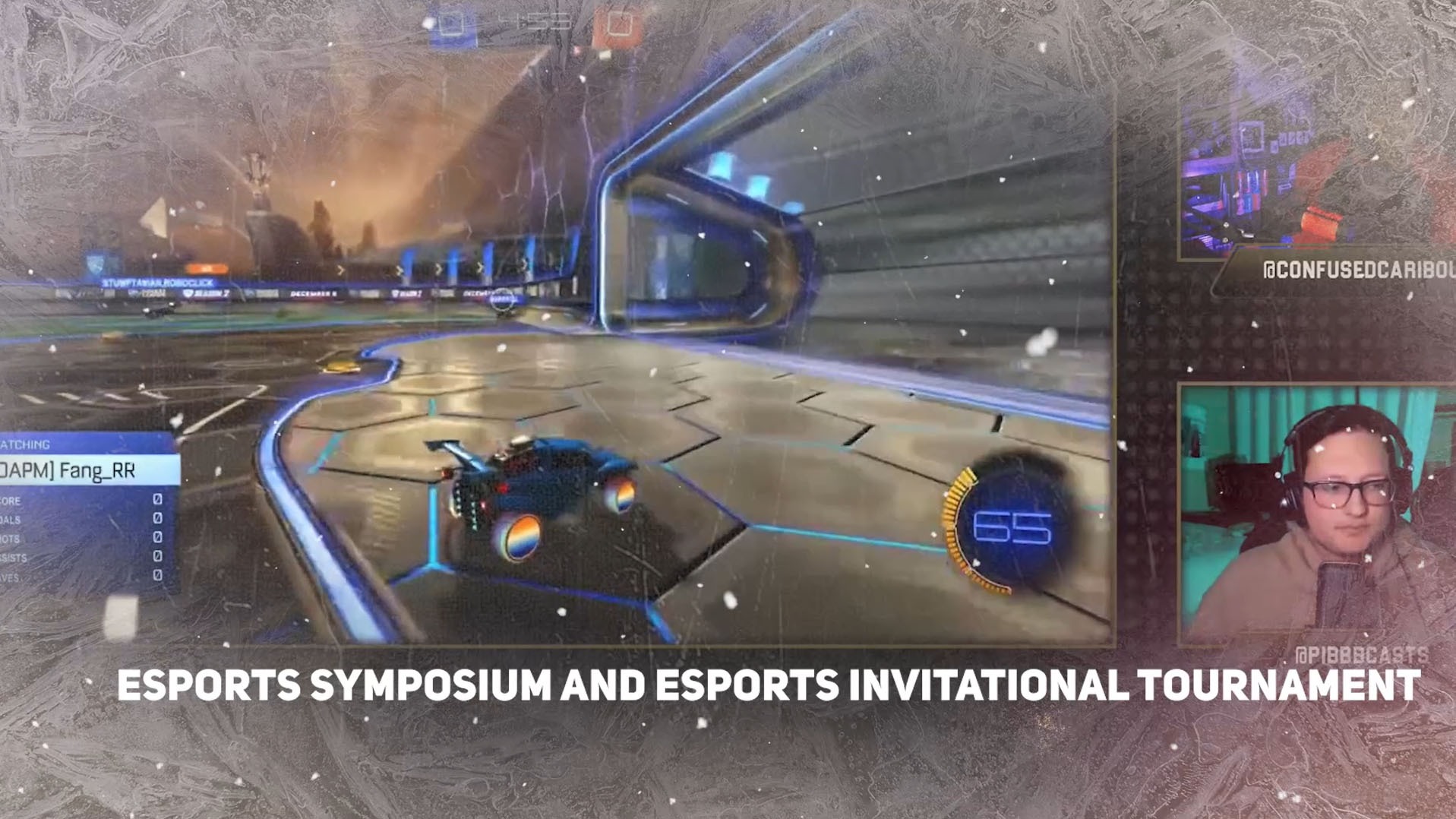
> ESports Symposium and Tournament
We connected research with economic development priorities, such as our work with the Georgia Tech Athletic Association and Georgia leaders on technology and education innovation for sports and eSports. We had more than 300 people participate in Georgia Tech’s inaugural eSports symposium and eSports invitational tournament.
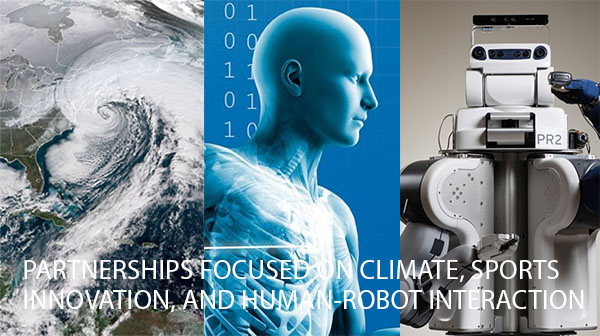
> Building Partnerships
In addition to hosting our first eSports event, we catalyzed new interdisciplinary areas by building partnerships focused on human action to address climate change, explored emerging areas of sports innovation, and furthered human-robot collaboration for home health.

> New Online Research Expo
IPaT's communications team envisioned, collected, and curated a research video "expo" to continue to promote faculty and student research online in the absence of traditionally held in-person fall and spring research showcases.

> Book Launch and Signing Celebration
We hosted a book launch celebration for authors Jay David Bolter, professor and director of computational media in the Georgia Tech School of Literature, Media, and Communication; Maria Engberg, associate professor in the Department of Computer Science and Media Technology at Malmö University; and Blair MacIntyre, professor in the School of Interactive Computing at Georgia Tech. Their book, Reality Media: Augmented and Virtual Reality, was published by MIT Press November, 2021.
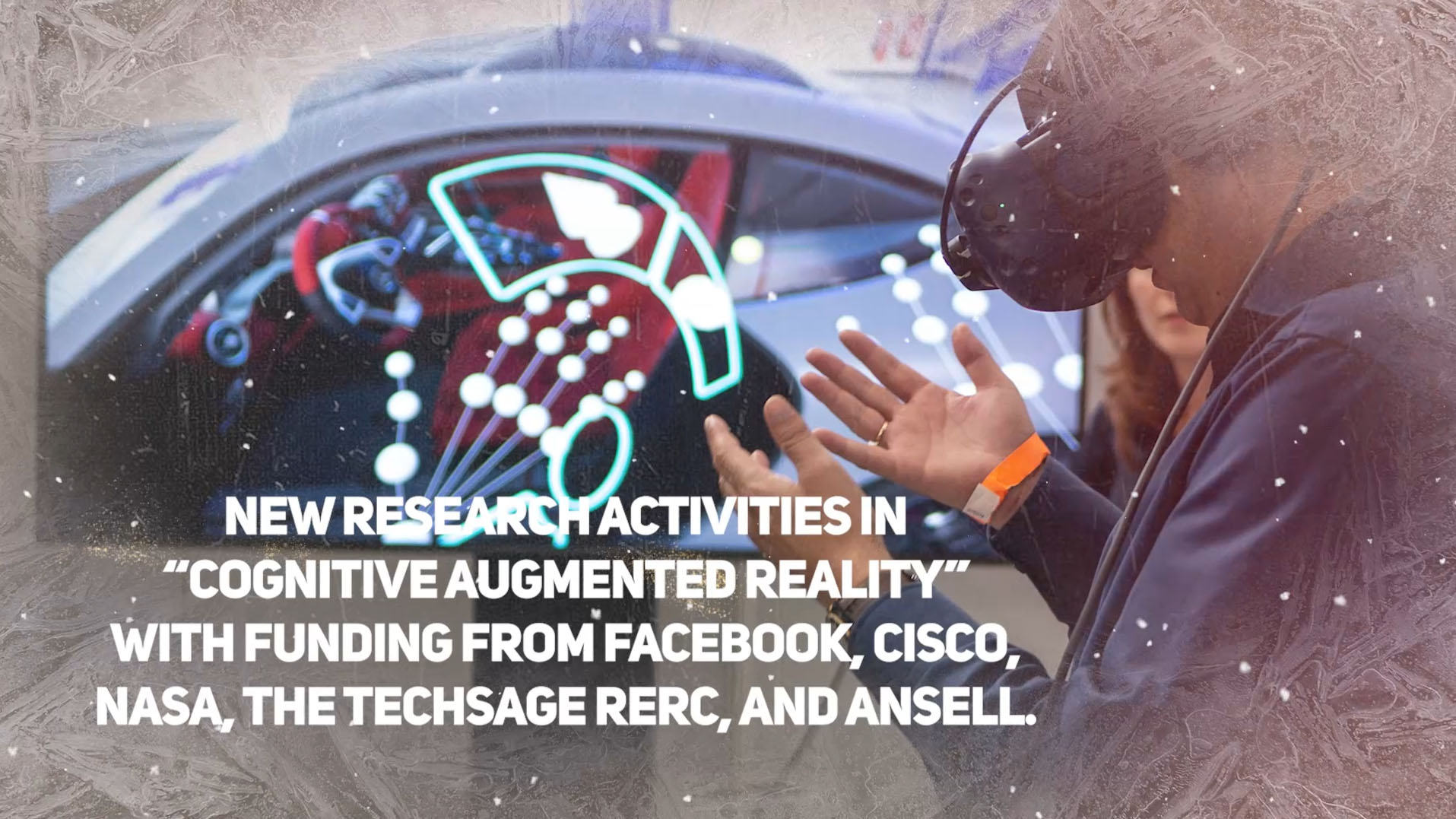
> New Research Areas and New Funding
This past year, we also grew new research activities in “cognitive augmented reality” with funding from Facebook, Cisco, NASA, the TechSAge RERC, and Ansell. These collaborations span across Georgia Tech, touch many student programs, and involve faculty researchers working with us from other institutions. Much of this research was part of our larger engagement with Cisco that also included pandemic-inspired research focused on work from home environments.
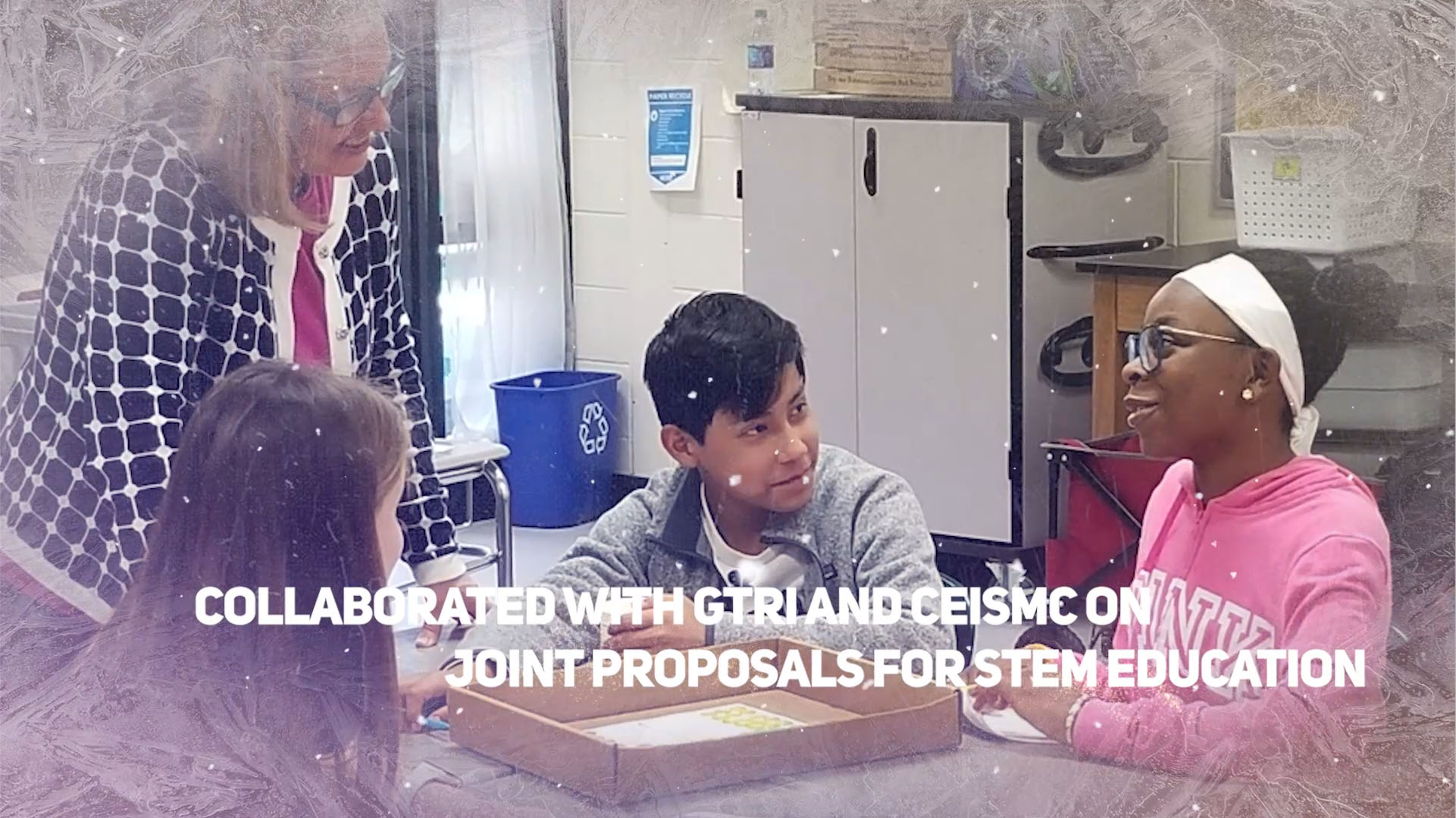
> Advancing STEM Education
We collaborated with GTRI and CEISMC on joint proposals for STEM education in the use of innovative technologies to convey complex STEM concepts with a focus on rural and underserved areas. Our external collaborators included the Georgia Department of Education and Savannah State University. Additionally, with technical assistance from a team of Georgia Tech and IPaT faculty, students at Tucker Middle School in Tucker, Georgia, won a combined $80,000 for their efforts to fight against human trafficking in the Samsung Solve for Tomorrow Contest—a national competition that challenges public school students in grades 6-12 to use STEM skills to address real-world change in their communities.
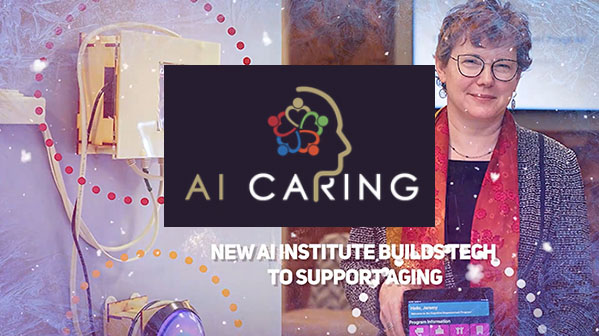
> Leading Successful Proposals to Assist with Aging
IPaT researchers helped lead the successful proposal for a five-year, $20 million grant from the National Science Foundation to build intelligent systems that support aging called AI-CARING. The institute aims to develop new longitudinal, collaborative AI systems that work with aging adults including those diagnosed with mild cognitive impairment, and their caregivers. The award builds upon decades of work at Georgia Tech, both in artificial intelligence, and — through IPaT— understanding the technological needs of older adults. The new systems will be tested with Georgia families through existing programs including the Emory-Georgia Tech Cognitive Empowerment Program which currently serves over 100 people diagnosed with mild cognitive impairment.




